Best Fuchsia Companion Plants
Title:The Best Companion Plants for Fuchsias
Introduction:
Fuchsias are beautiful flowering plants that can add a touch of color and interest to any garden. They come in a variety of shapes, sizes, and colors, and can be grown in a variety of settings. However, fuchsias do have some specific needs, such as moist soil and partial shade. When choosing companion plants for fuchsias, it is important to consider these needs.
Main Content:
Here are some of the best companion plants for fuchsias:
- Hostas are shade-loving plants with large, glossy leaves. They come in a variety of colors, from green to chartreuse to purple. Hostas can help to provide fuchsias with some much-needed shade, and their large leaves can help to disguise the fuchsias' somewhat delicate stems.
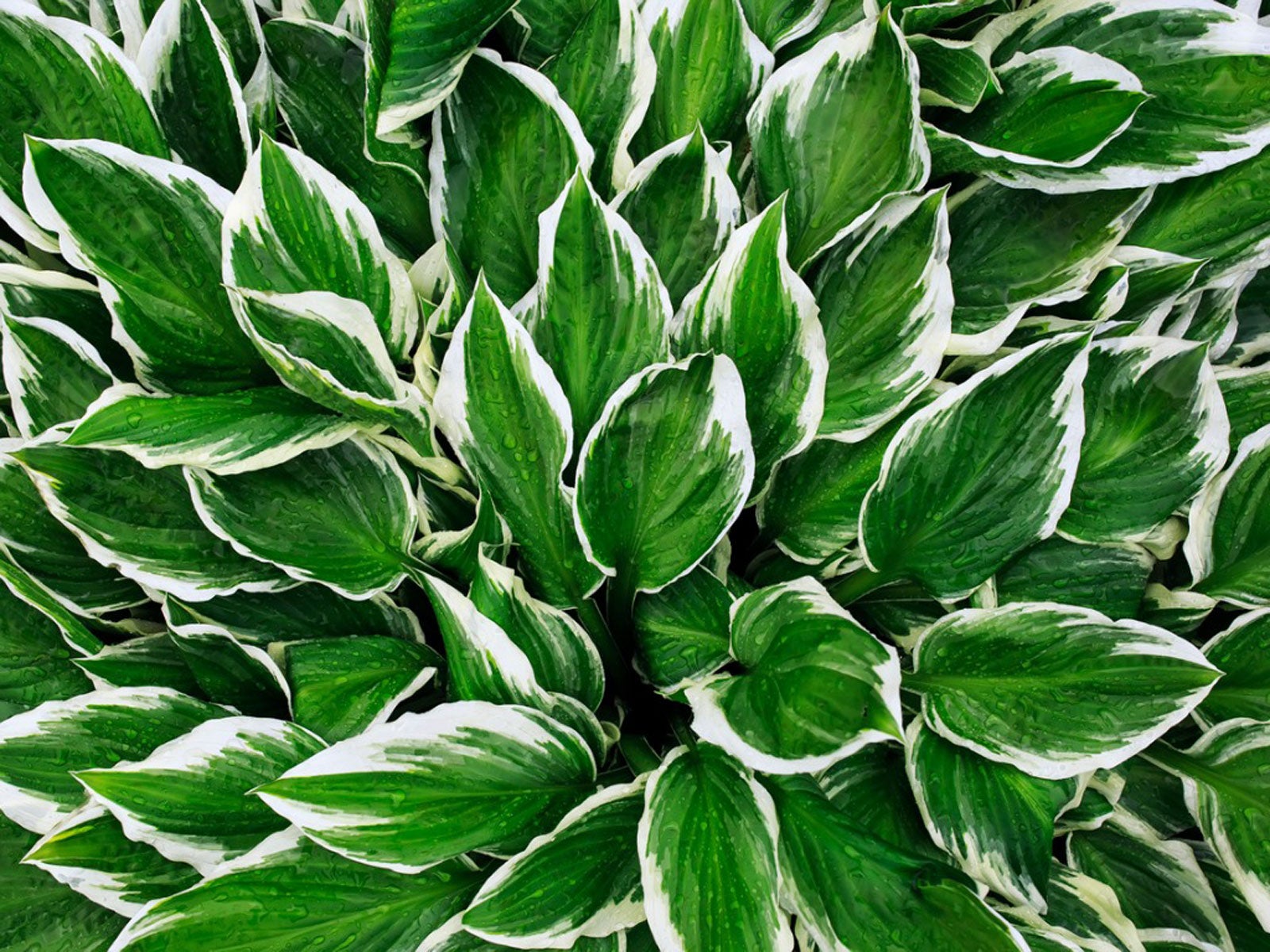
- Coral bells are another shade-loving plant with brightly colored foliage. Coral bells come in a variety of colors, including red, pink, orange, and yellow. They can help to add some contrast to the fuchsias' flowers, and their low-growing habit can help to fill in the space around the fuchsias.
- Rhododendrons are beautiful flowering shrubs that can tolerate partial shade. They come in a variety of colors, including pink, purple, red, and white. Rhododendrons can help to provide fuchsias with some much-needed shade, and their flowers can help to extend the flowering season in the garden.
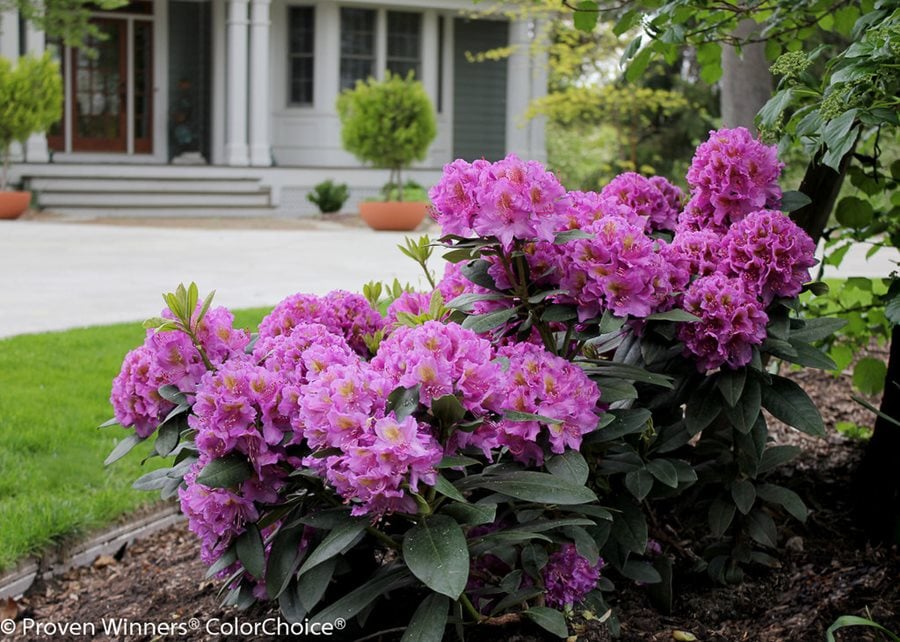
- Weigela is a flowering shrub that can tolerate partial shade. It comes in a variety of colors, including pink, red, and white. Weigela blooms in the spring and summer, and its flowers can help to attract pollinators to the garden.

- Begonias are another shade-loving plant with brightly colored flowers. Begonias come in a variety of colors, including red, pink, orange, and yellow. They can help to add some contrast to the fuchsias' flowers, and their low-growing habit can help to fill in the space around the fuchsias.
- Petunias are easy-to-grow annuals that come in a variety of colors. They can be grown in full sun or partial shade, and they make great companions for fuchsias. Petunias can help to fill in the space around the fuchsias, and their bright colors can help to highlight the fuchsias' flowers.
- Lavender is a fragrant herb that can tolerate partial shade. It blooms in the summer, and its flowers can help to attract pollinators to the garden. Lavender can help to add some contrast to the fuchsias' flowers, and its silvery foliage can help to brighten up a shady spot in the garden.

- Geraniums are easy-to-grow annuals that come in a variety of colors. They can be grown in full sun or partial shade, and they make great companions for fuchsias. Geraniums can help to fill in the space around the fuchsias, and their bright colors can help to highlight the fuchsias' flowers.
Conclusion:
When choosing companion plants for fuchsias, it is important to consider the fuchsias' needs for shade and moisture. The plants listed above are all good choices for companion plants for fuchsias, and they can help to create a beautiful and colorful garden.
Fuchsias are beautiful flowering plants that can be grown in a variety of settings, from hanging baskets to garden beds. But did you know that fuchsias can also benefit from being planted near other plants? Companion planting is the practice of planting different types of plants together in order to create a mutually beneficial relationship. Some good companion plants for fuchsias include:
- Hostas: These shade-loving plants have large, textured leaves that provide an interesting contrast to the delicate foliage of fuchsia.
- Impatiens: These shade-loving plants have flowers in a variety of colors and work well in pots or garden beds alongside fuchsia.
- Lobelia: These plants are known for their blue and purple flowers, which look great alongside the bright colors of fuchsia.
- Petunias: These colorful annuals are easy to grow and work well in hanging baskets or containers with fuchsia.
- Ferns: These shade-loving plants have delicate foliage that provides a nice contrast to the bold flowers of fuchsia.
For more information about fuchsia companion plants, please visit Home Gardening.
FAQ of fuchsia companion plants
What are some good companion plants for fuchsias?
Fuchsias are shade-loving plants that can be grown in a variety of settings, including containers, hanging baskets, and garden beds. When choosing companion plants for fuchsias, it is important to consider their light and water requirements. Fuchsias prefer partial shade and moist soil, so companion plants with similar needs will help them thrive. Some good companion plants for fuchsias include:
- Hostas are shade-loving perennials with large, glossy leaves. They provide a nice contrast to the delicate flowers of fuchsias.

- Coral bells are another shade-loving perennial with colorful foliage. They come in a variety of colors, including pink, red, and yellow.
- Rhododendrons are evergreen shrubs that prefer partial shade and acidic soil. They can be a bit more challenging to grow than fuchsias, but they can add a touch of elegance to any garden.

- Weigela is a deciduous shrub that blooms in the spring and summer with showy flowers. It prefers full sun to partial shade and moist soil.
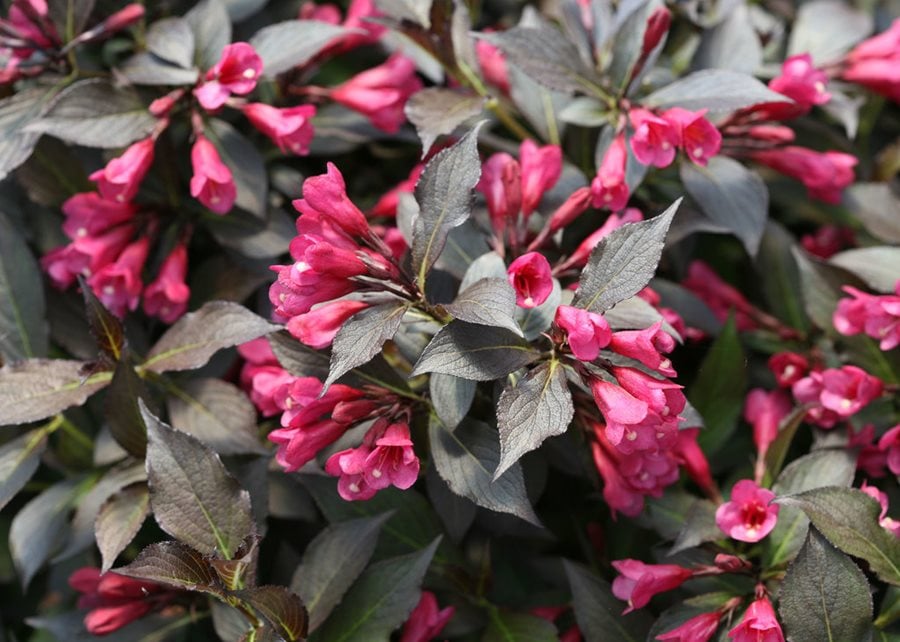
- Begonias are a diverse group of plants that come in a variety of shapes, sizes, and colors. They can be grown in containers, hanging baskets, or garden beds.
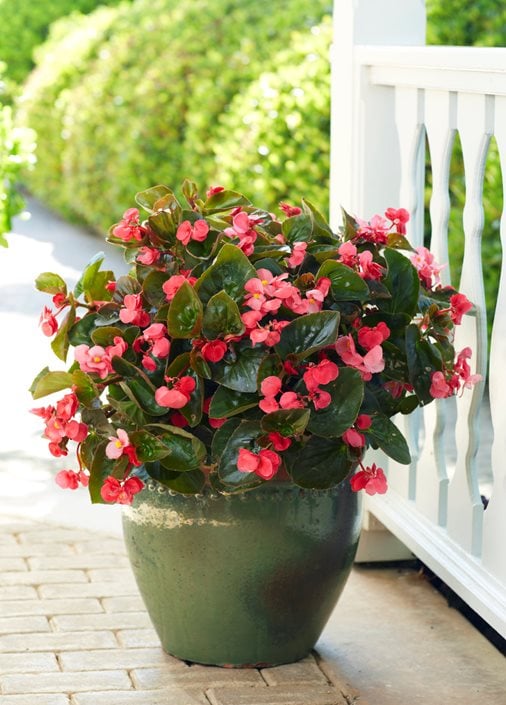
What are the benefits of companion planting with fuchsias?
There are several benefits to companion planting with fuchsias. Companion plants can help to:
- Attract pollinators. Fuchsias are a popular nectar source for bees, butterflies, and hummingbirds. Companion plants that also attract pollinators can help to increase the number of beneficial insects in your garden.
- Provide shade and shelter. Fuchsias can be susceptible to wind and sun damage. Companion plants that provide shade and shelter can help to protect fuchsias from these harsh conditions.
- Improve soil quality. Some companion plants, such as begonias and nasturtiums, can help to improve soil quality by adding nutrients and organic matter.
- Distract pests. Some companion plants, such as marigolds and nasturtiums, can help to distract pests from fuchsias.
How do I choose the right companion plants for my fuchsias?
When choosing companion plants for fuchsias, it is important to consider the following factors:
- Light and water requirements. Make sure that the companion plants you choose have similar light and water requirements to fuchsias.
- Growth habit. Consider the growth habit of the companion plants you choose. You want to make sure that they will not outgrow or crowd out the fuchsias.
- Color. If you are looking for a specific color combination, choose companion plants that will complement the colors of the fuchsias.
- Pest and disease resistance. Choose companion plants that are resistant to pests and diseases that can affect fuchsias.
Image of fuchsia companion plants
- Lobelia. Lobelia is a shade-loving annual that has blue, purple, or white flowers. It looks great alongside the bright colors of fuchsia.

- Impatiens. Impatiens are another shade-loving annual that comes in a variety of colors, including red, pink, orange, and yellow. They work well in pots or garden beds alongside fuchsia.

- Begonia. Begonias are a popular choice for shade gardens and come in a variety of leaf shapes and colors. They can be planted in the ground or in pots, and they make good companion plants for fuchsia.
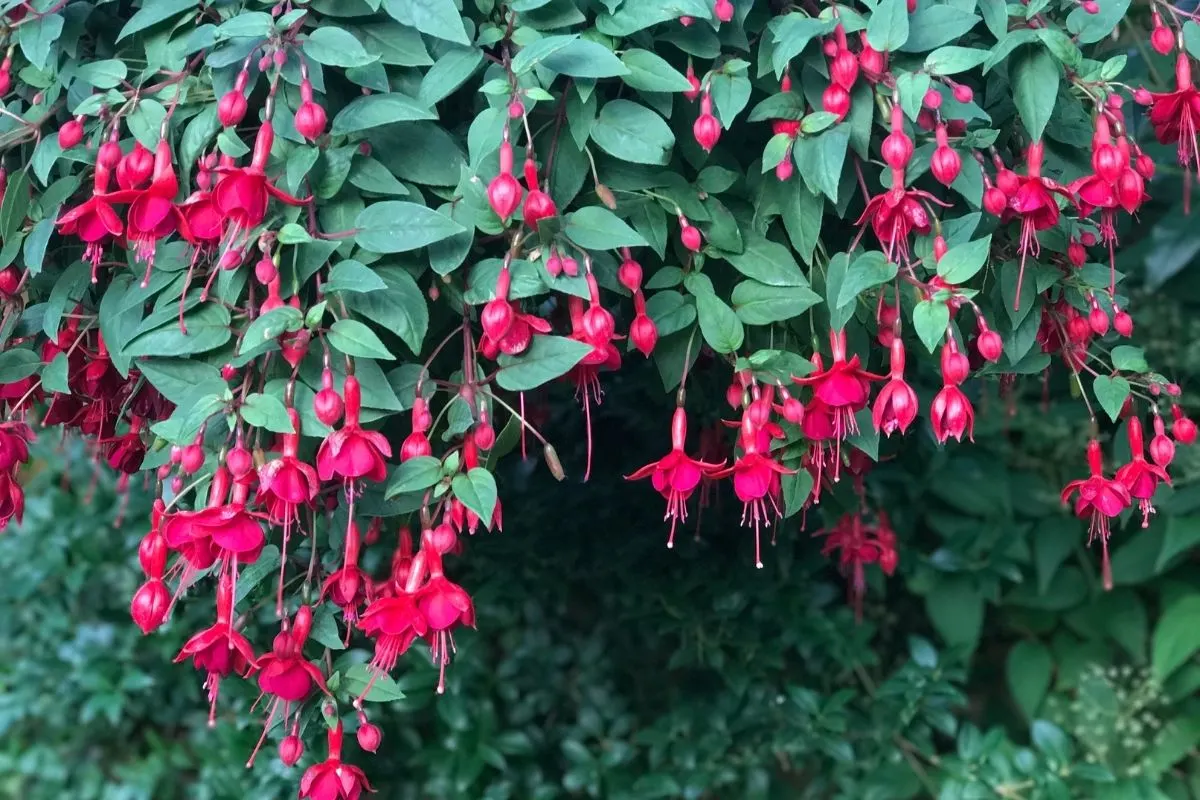
- Petunia. Petunias are another popular choice for shade gardens and come in a variety of colors, including red, pink, purple, and white. They can be planted in the ground or in pots, and they make good companion plants for fuchsia.

- Geranium. Geraniums are a classic choice for shade gardens and come in a variety of colors, including red, pink, purple, and white. They can be planted in the ground or in pots, and they make good companion plants for fuchsia.
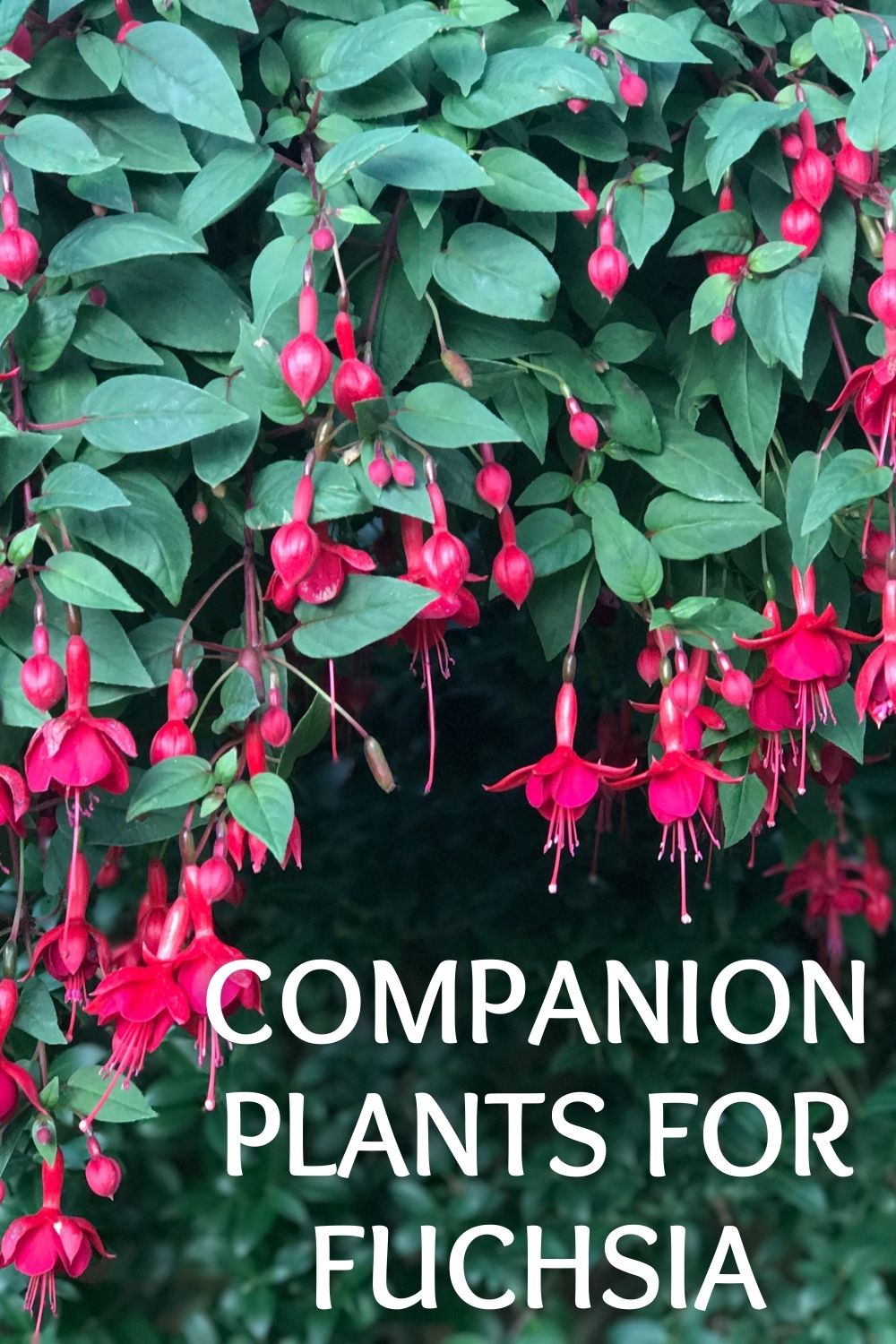
- Alyssum. Alyssum is a low-growing annual that has white or yellow flowers. It is a good choice for filling in the spaces between taller plants, such as fuchsia.
- Coleus. Coleus is a colorful annual that has leaves in a variety of shades of green, red, and purple. It can be planted in the ground or in pots, and it makes a good companion plant for fuchsia.
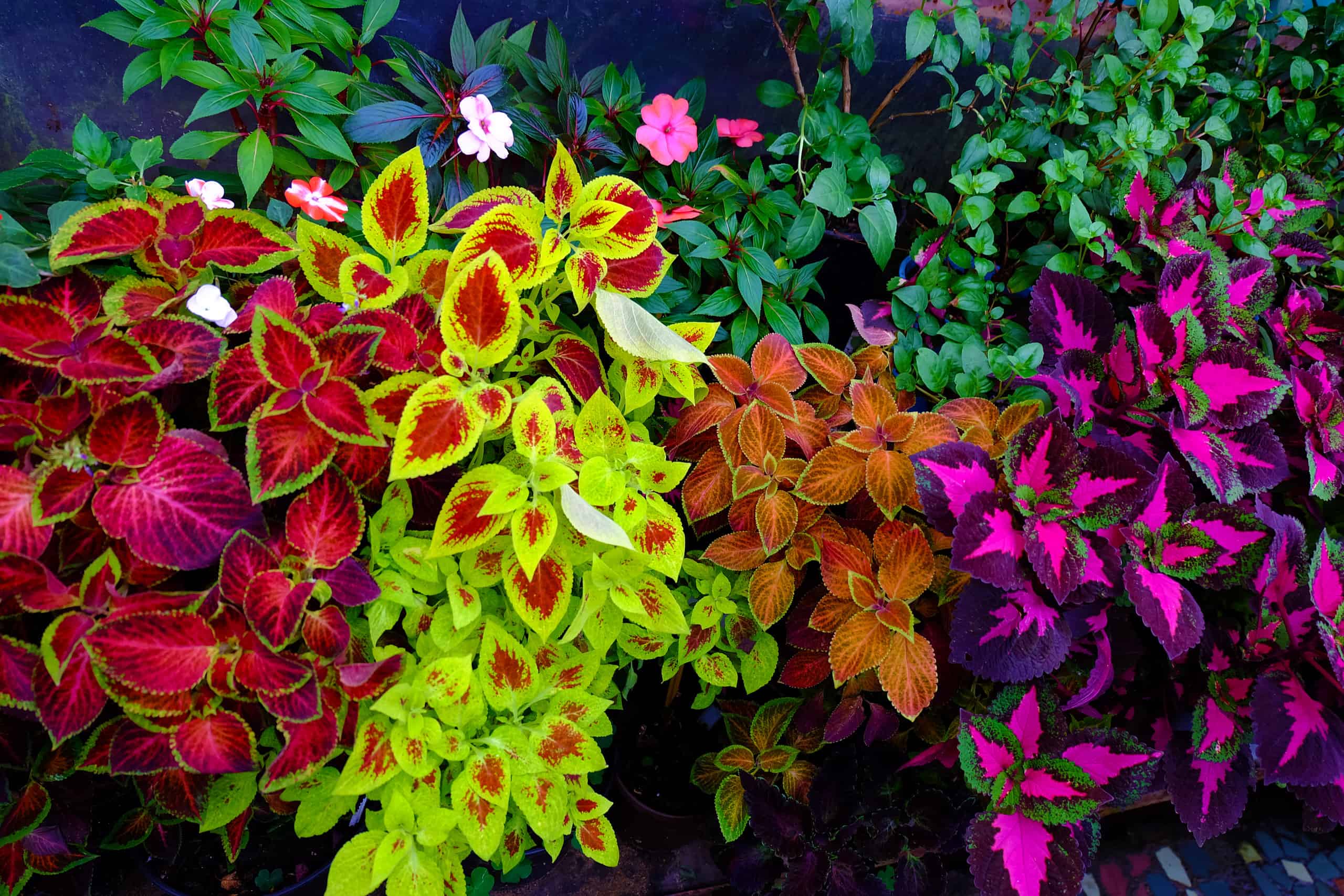
- Diascia. Diascia is a low-growing annual that has bright pink or orange flowers. It is a good choice for filling in the spaces between taller plants, such as fuchsia.

- Dusty Miller. Dusty Miller is a silver-leaved annual that can add contrast to the bright colors of fuchsia. It is also drought-tolerant, so it can be a good choice for gardens in hot, dry climates.
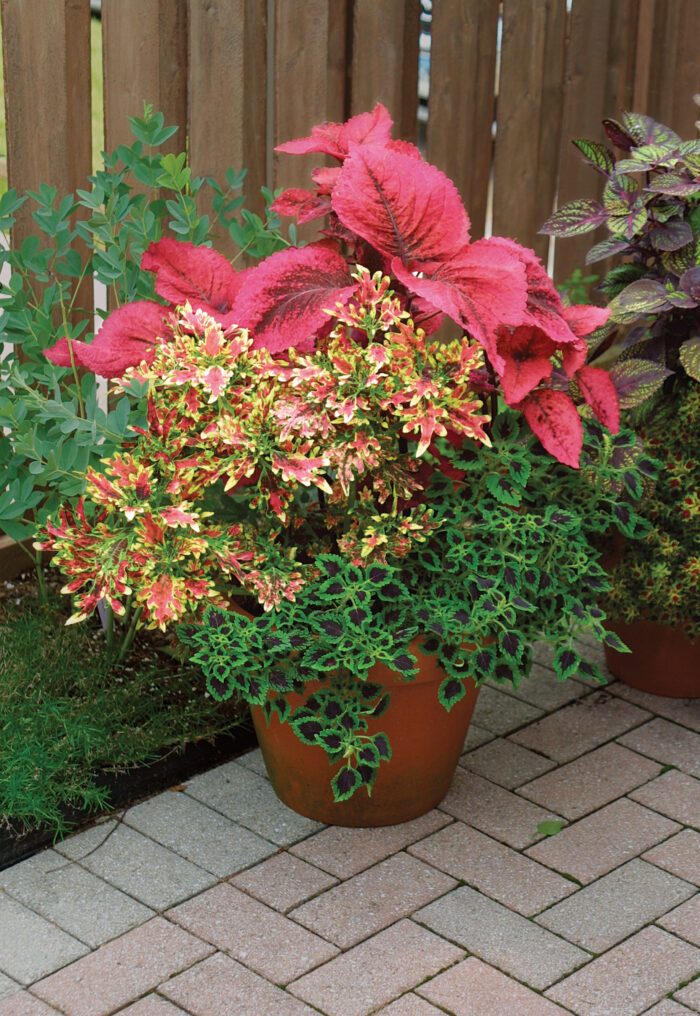
- Coral Bells. Coral Bells is a perennial that has colorful foliage in shades of red, pink, and orange. It is a good choice for shady areas, and it can add a splash of color to a garden with fuchsia.
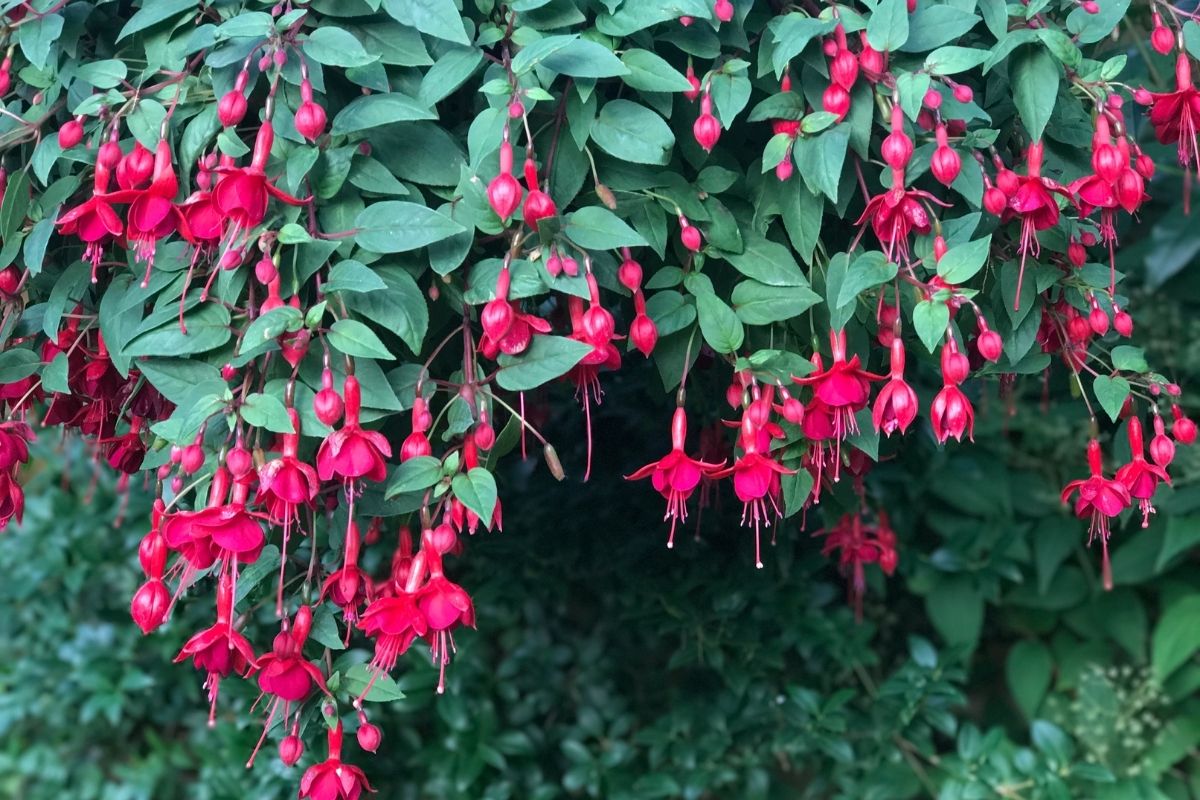

Post a Comment for " Best Fuchsia Companion Plants"